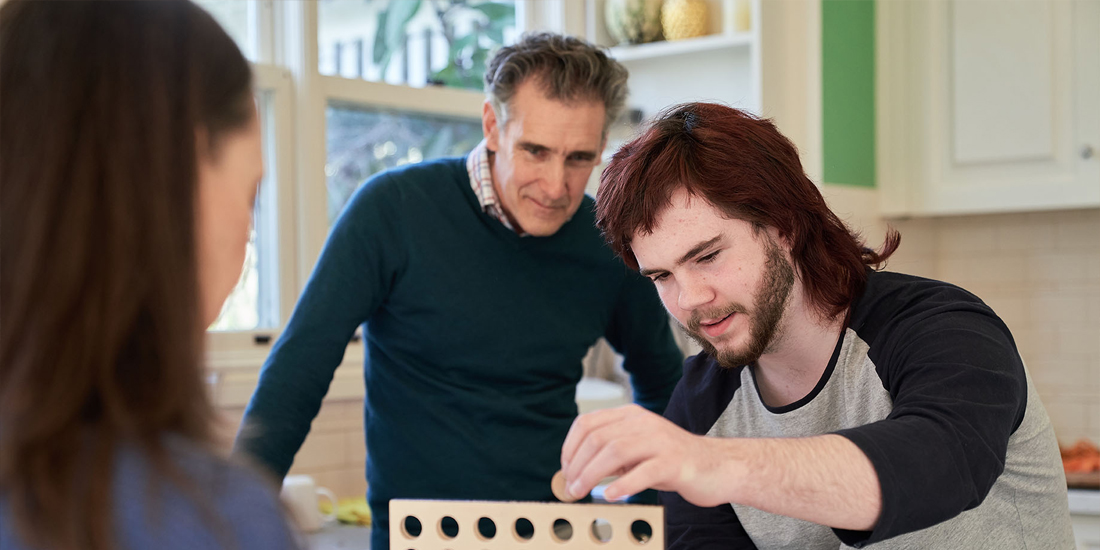
Youth mental health services should be funded to include family inclusive practice in their operations to ensure the best possible outcomes are achieved for young people experiencing mental ill-health, a new report has found.
The report, We’re in this together: Family inclusive practice in mental health, released by youth mental health organisation Orygen, found that families often feel excluded when young people access a mental health service, despite the mental health outcomes of most young people being enhanced by including families in the care and treatment they receive.
Family inclusive practice is an approach to mental health service design and the delivery of treatment that empowers a young person’s family to take an active role in supporting a young person experiencing mental ill-heath, said David Baker, principal policy adviser at Orygen and author of the report.
“Recognition of the supportive role family can play in improving a young person’s mental health cannot be understated,” Mr Baker said.
“When working with a young person, however, it is important that services and clinicians remember that all families are different and the family relationships that a young person deems important in their lives can differ.” he said.
Carsten Schley, clinical services manager at headspace Sunshine said the type of mental health service and the stage of ill-health a young person is experiencing will inform how family engagement can be facilitated.
“Family inclusive practice in a primary health setting where a young person presents with mild to moderate symptoms will differ to the approach required when a young person presents with severe symptoms or is involuntarily hospitalised, he said.
“The experiences of siblings and partners in supporting a young person also need to be considered within family inclusive practice and by clinicians at every stage of care,” Mr Schley said. “To include families more, organisational change needs to be visibly adopted at all levels of a service.
“This will require workforce development to implement new service models and develop the skills of clinicians to better include family members in the care provided to young people.”
An evidence base, guidelines, practice models and dedicated roles already exist to enable the implementation of family inclusive practice in youth mental health services, but the main barrier to the transformation of family inclusion is a lack of specific, ongoing funding, Mr Schley said.
The report recommends the funding of an incentive program to increase the family peer support workforce located in primary health and specialist mental health services. It also recommends funding be provided to mental health services transitioning to family inclusive practice and that the funding:
- be linked to management performance;
- require structured and evaluated collaboration with young people and families;
- provide training and accreditation for clinical staff; and
- enable the delivery of dedicated family inclusive roles.
“Evidence shows us that young people can benefit greatly by including family members in their care and treatment,” Mr Baker said. “The inclusion of family in mental health services should be seen as part of the standard service a young person receives.”
Read the report.
Read the report summary.